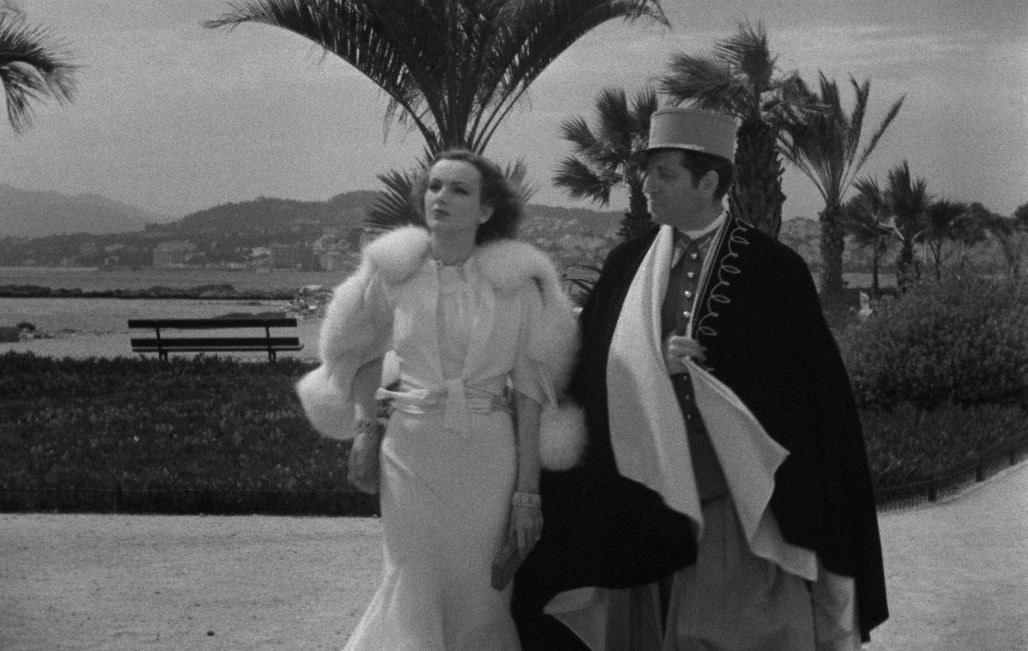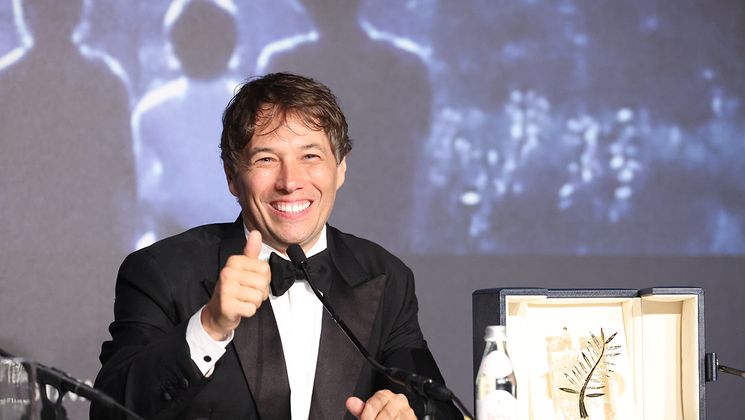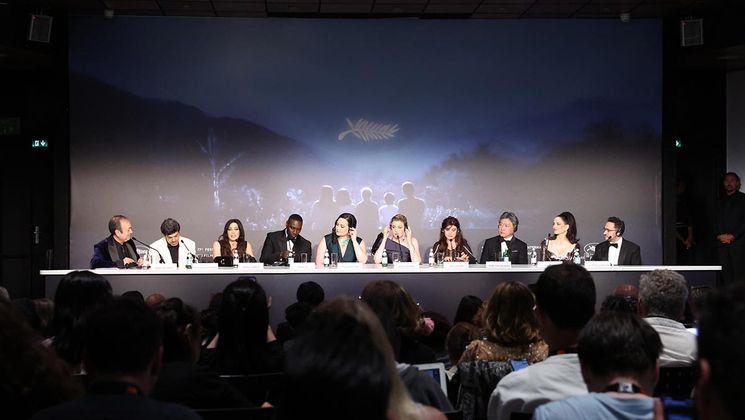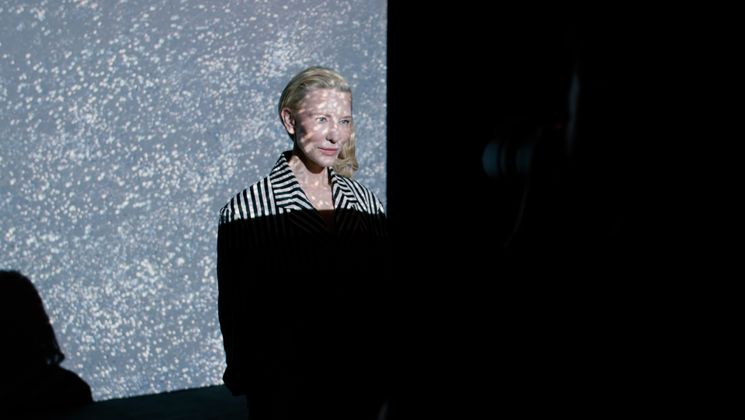
Gueule d’amour (Lady Killer) by Jean Gabin

Gueule d’amour (Lady Killer, 1937) celebrates the meeting between the filmmaker Jean Grémillon and Jean Gabin, whom the nickname "Lady Killer" would follow throughout his career. Now restored, this wonderful popular example of 1930s French filmmaking reveals the anti-hero side of Jean Gabin. Patrick Glatre, biographer and specialist in the actor's life describes this role with a difference.
What sort of hero does he play in this film?
It's a doubly hapless character, a far cry from his roles as bosses in the 1950s, a period which he dominated the screen. Here the hero is the victim of a sort of fatality, and in that sense, it's typical of its era. He's faced with a choice: kill or be killed, which no doubt explains to some extent why the public identified with him, because here we have a protagonist at the mercy of external forces, as in the inter-war period. In fact, he's an everyday hero, close to the people.
With women too, there's a certain inevitability about his story. This great womaniser in real life plays a jilted lover in the film. In this sense again, he's an ordinary hero to whom life just happens.
When you first come across Gabin in this film, you ask yourself what must have gone on in his life. He's someone with a difficult past. Gabin embodies this mystery better than anyone, which is exactly what Jean Grémillon loved about him.
What did Jean Gabin think of Lady Killer?
Along with Stormy Waters (also by Jean Grémillon), Lady Killer was a film he rather disliked, for a very specific reason. Gabin was a very private man and these two films were the only ones in his career where he wept onscreen. At the time there was simply no question of him showing his sensitive side in film, and yet he agreed to go ahead when he'd read the script.


